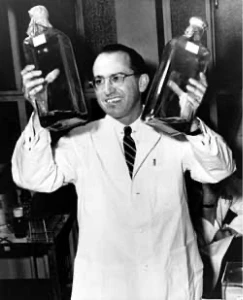Our History
Guided by Trask’s motto, “Deeds, not words,” his legacy inspires us to seek out bold ideas and transform them into realities that light up the world.
A Visionary Who Shaped the Modern World
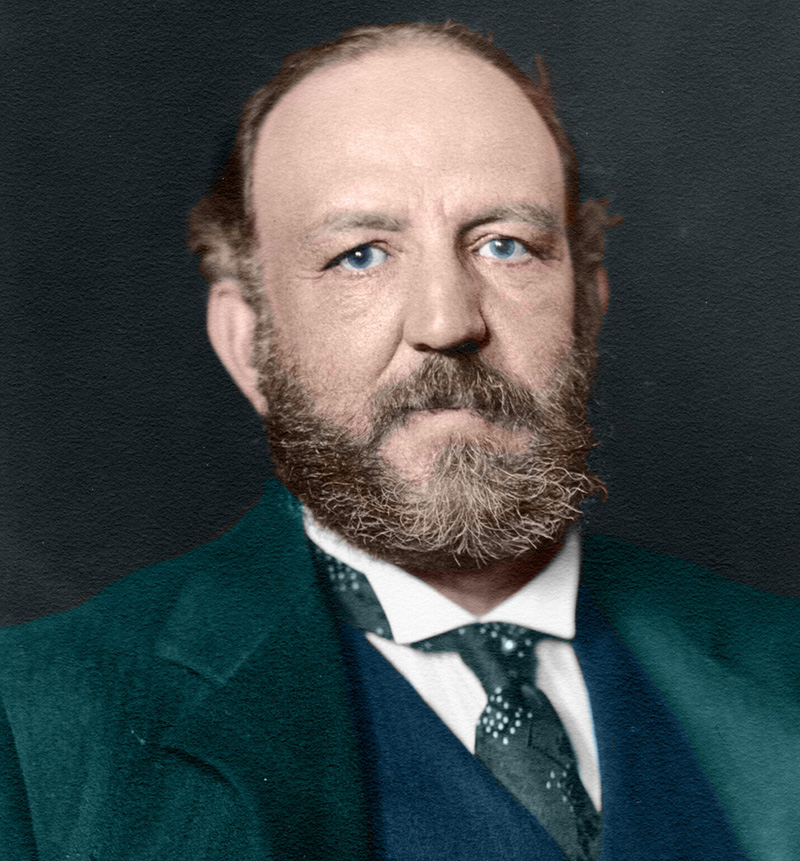
Spencer Trask (September 18, 1844 – December 31, 1909) was an American financier, philanthropist, and venture capitalist whose passionate belief in innovation and human potential left an enduring mark on history. Born in Brooklyn, New York, to Alanson and Sarah Trask, descendants of Captain William Trask of the Massachusetts Bay Colony, he graduated from Princeton University in 1866 after studying at the New York University Tandon School of Engineering. His Puritan roots instilled a strong work ethic, but it was his foresight and commitment to bold ideas that defined his extraordinary life. Trask’s legacy is one of transformative investments, cultural patronage, and humanitarian leadership, a beacon of inspiration for those who dare to dream big.
Building a Foundation
In 1868, at age 24, Trask co-founded Trask & Stone, a brokerage house, with his uncle. This early venture laid the groundwork for his later success. By 1881, the firm evolved into Spencer Trask & Co., co-founded with George Foster Peabody, becoming a pioneering force in venture capital. The company focused on identifying and funding revolutionary ideas, providing not just capital but strategic support to inventors and entrepreneurs. This platform became the springboard for Trask’s historic contributions to technology, media, and finance.
Illuminating the Modern Age
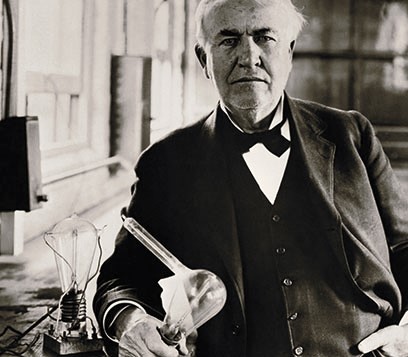
Trask’s most celebrated achievement was his support for Thomas Edison, the inventor whose incandescent light bulb became the universal symbol of innovation. In the 1870s, when electricity was still experimental, Trask recognized its potential to transform society. He provided critical financing for Edison’s commercial production of the light bulb and the development of early electric power systems. As president of the New York Edison Company (later Consolidated Edison) for nearly 15 years, Trask helped establish the infrastructure for America’s electrification. He also served as an original trustee of the Edison Electric Light Company, a precursor to General Electric, and supported other Edison inventions, such as the phonograph. His Manhattan office was among the first to be equipped with electric lamps, a testament to his early adoption of cutting-edge technology. Trask’s backing of Edison launched the Modern Age, forever changing how the world lives and works.
Pioneering Wireless Communication
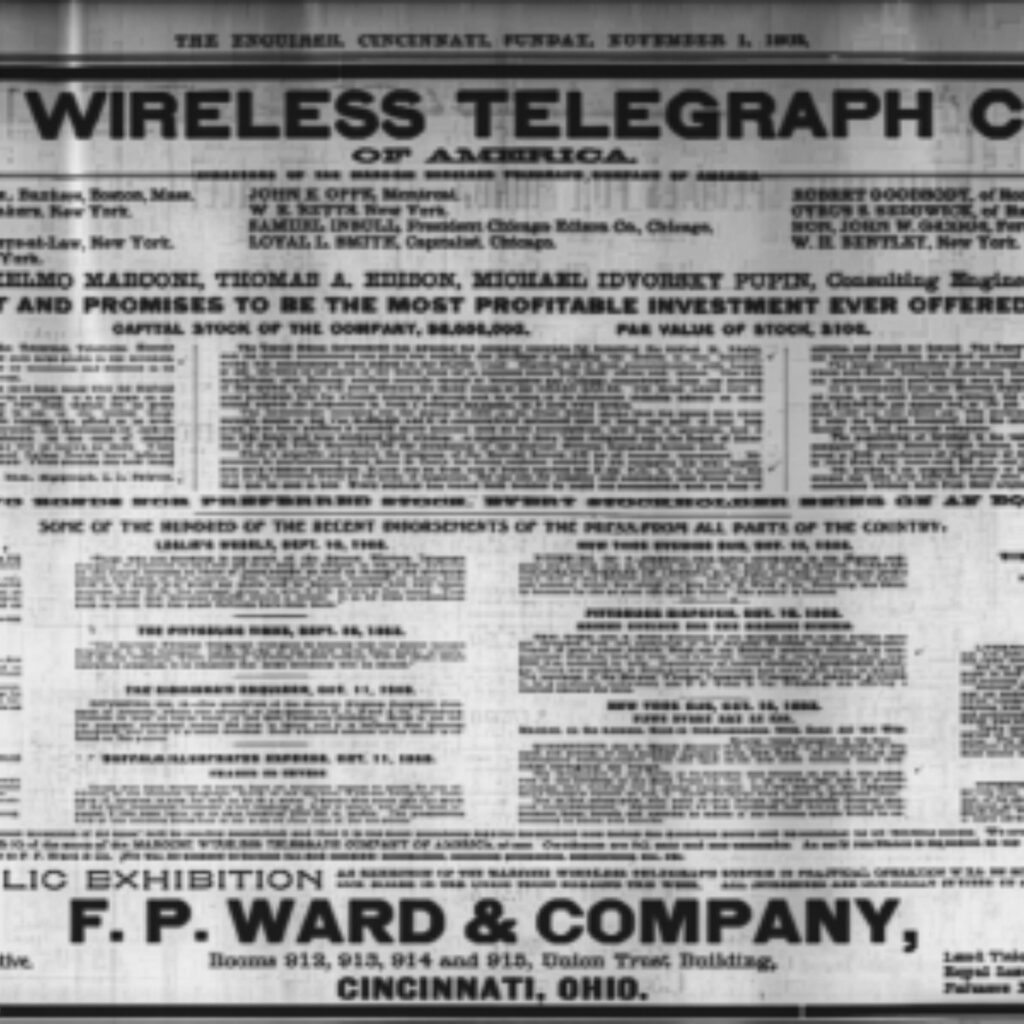
Trask’s vision extended to the dawn of wireless communication. His firm, Spencer Trask & Co., underwrote the Marconi Wireless Telegraph Company, supporting Guglielmo Marconi’s groundbreaking work in radio transmission. Listed under Marconi himself in the company prospectus, Trask served on the board of directors, helping to fund the technology that laid the foundation for a century of wireless innovation. This investment marked a significant step in the development of global communications, connecting people in ways previously unimaginable.
Saving The New York Times

In 1896, Trask played a pivotal role in rescuing The New York Times from financial ruin. On August 13, 1896, as head of the reorganization committee, he made a $75,000 bid for the struggling newspaper at the New York Real Estate Exchange, with no competing bidders. Trask hired Adolph S. Ochs as publisher and became chairman, retaining a minority stake. Under Ochs’s leadership, the newspaper was revitalized, becoming the globally influential publication it is today, still controlled by the Ochs-Sulzberger family. Trask’s strategic investment preserved a cornerstone of American journalism, ensuring its legacy of truth and impact.
Shaping Financial Intelligence
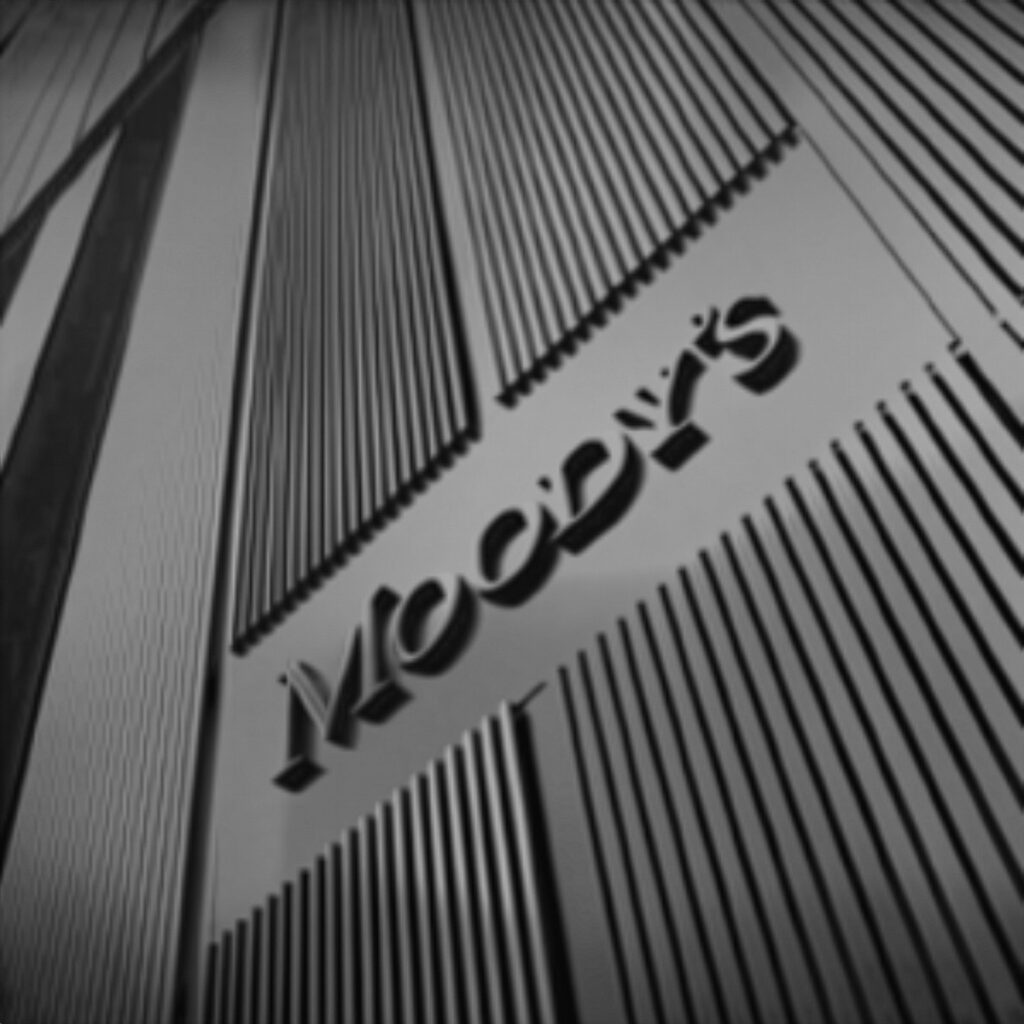
Trask’s influence reached the financial world through his support for John Moody. In 1896, he hired Moody to provide statistical analysis of stocks and bonds at Spencer Trask & Co. This work led to the creation of Moody’s Investors Service, the renowned rating agency that today monitors corporations and nations worldwide. Trask’s backing of Moody’s established a critical tool for financial transparency, shaping modern investment practices.
A Champion of the Arts
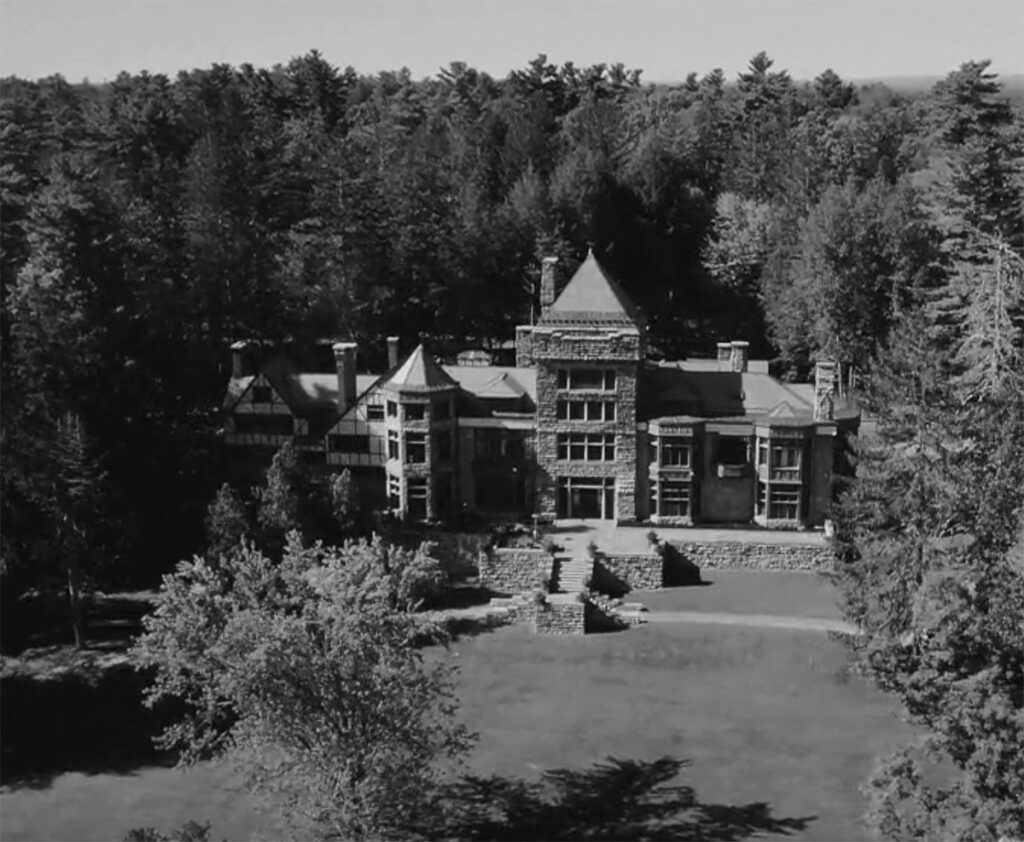
Trask’s generosity extended far beyond finance. A devoted patron of the arts, he served as president of the National Arts Club, where he insisted on admitting women, and was a member of the Municipal Art Society of New York and the Metropolitan Museum of Art. With his wife, Katrina Nichols, an author he married in 1874, Trask transformed their 400-acre Saratoga Springs estate into Yaddo, a retreat for artists and writers. Named by their daughter Christina for her playful mispronunciation of “shadow,” Yaddo has hosted luminaries like John Cheever, Sylvia Plath, and Leonard Bernstein, yielding 61 Pulitzer Prizes and 56 National Book Awards. The Trasks also donated land for the Wiawaka Holiday House, a retreat for working women. Trask’s commitment to education was evident in his role as a trustee of Teachers College (now part of Columbia University) and St. Stephen’s College (now Bard College), and in founding the Spencer Trask Lecture Series at Princeton in 1891, which continues to host distinguished speakers.
A Humanitarian Trailblazer
In the 1890s, Trask led the National Armenian Relief Committee in response to the Hamidian massacres, spearheading what some call America’s first international human rights movement. He rallied prominent figures, including Supreme Court Justice David Josiah Brewer and banker Jacob Schiff, raising over $300,000, including through a nationwide Thanksgiving appeal. The committee enabled Clara Barton to lead Red Cross relief teams to the Armenian provinces, marking the organization’s first international mission. Trask’s leadership in this crisis highlighted his dedication to global humanitarian causes.
A Life of Impact, Tragically Cut Short
Trask’s remarkable life ended on December 31, 1909, in a train accident at age 65. His wife, Katrina, carried forward their shared vision, launching the Corporation of Yaddo with George Foster Peabody in 1921. A statue, “The Spirit of Life,” by Daniel Chester French in Saratoga’s Congress Park, honors Trask’s boundless generosity.
